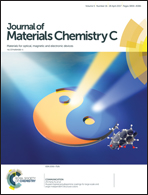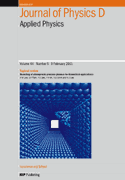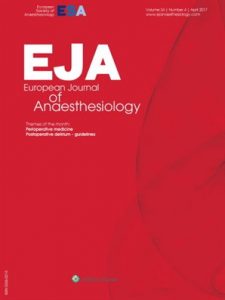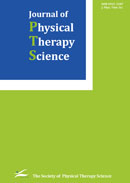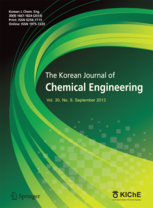 A group of authors have withdrawn a paper after revealing a litany of issues to the journal that published it. Among those issues were “scientifically misleading errors,” “insufficient” validation, and a disagreement between the researchers on whether it should have been published at all.
A group of authors have withdrawn a paper after revealing a litany of issues to the journal that published it. Among those issues were “scientifically misleading errors,” “insufficient” validation, and a disagreement between the researchers on whether it should have been published at all.
“Optimal DNA structure of reverse-hairpin beacons for label-free and positive surface enhanced Raman scattering assays,” originally published in June in Optical Materials Express (OMEx), was retracted Aug. 7. The paper purported to describe a detection method for RNA associated with influenza virus. It has not yet been cited, according to Clarivate Analytics’ Web of Science.
Here’s the full list of issues cited in the retraction notice: Continue reading “Scientifically misleading errors” prompt authors to withdraw paper
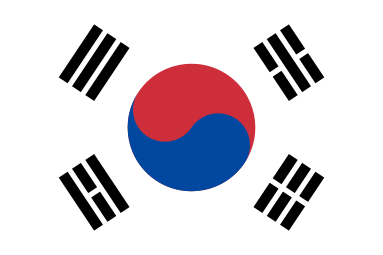 A professor at Sunchon National University has resigned from a prominent government position in South Korea after facing heavy criticism for being a co-author of a fraudulent stem cell paper.
A professor at Sunchon National University has resigned from a prominent government position in South Korea after facing heavy criticism for being a co-author of a fraudulent stem cell paper.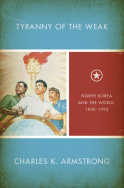 A historian based at Columbia University has returned a 2014 prize after criticisms prompted him to issue more than 70 corrections to his prominent book about North Korea.
A historian based at Columbia University has returned a 2014 prize after criticisms prompted him to issue more than 70 corrections to his prominent book about North Korea.